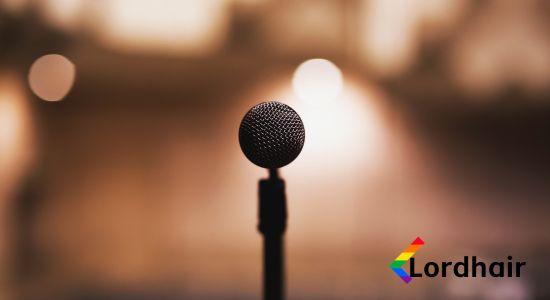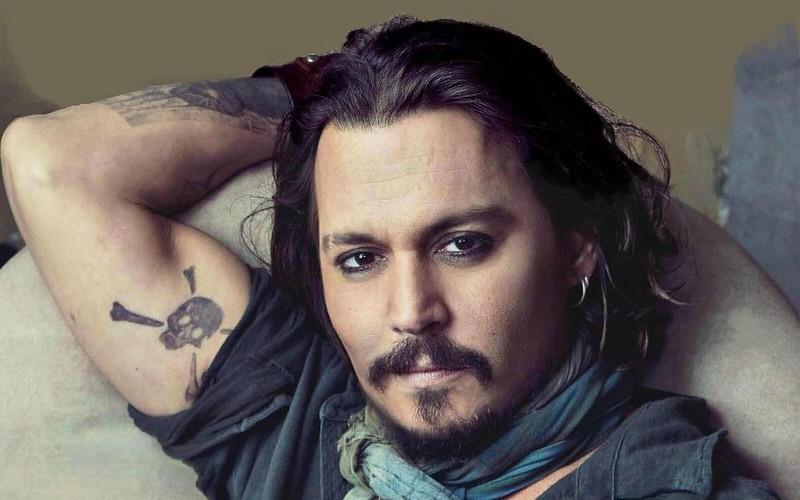The Double Standards in Hair Loss: Men vs Women
- Written by Ray Fernandez
- | Published Aug 31, 2023
- |
- 3 min read
 Listen to the full text
Listen to the full text
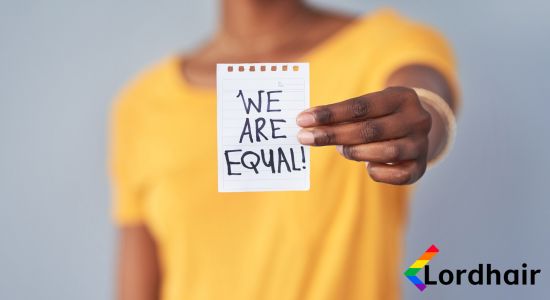
In celebrity culture, hair is not just hair; it's a statement, a symbol, and even a source of empowerment or embarrassment. Earlier this month, Allure magazine paid tribute to Janet Jackson's iconic ponytail, praising it as the epitome of "main character energy." Meanwhile, a few years ago, a photo of Nicolas Cage went viral because he was visibly losing his hair.
These instances highlight a clear double standard regarding hair loss between men and women in the public eye. We must ask ourselves, would society have more sympathy for Janet if she were seen without her hair systems than it would for a male celebrity?
I'm not suggesting that Janet Jackson is experiencing hair loss. But it's clear from all the hairstyles she has tried—what with having to constantly switch them up due to her natural hair not being able to grow fast enough for what she wants—that this is probably why.
Women and Hair Loss: An Unfair Expectation
Women have long faced societal pressure to maintain a certain standard of beauty. From the earliest days of Hollywood, actresses were expected to have long, luscious locks that symbolized femininity and youth. This unrealistic expectation has only been exacerbated by the rise of social media and the constant scrutiny of celebrities' appearances.
Janet Jackson, a music icon and all-around superstar, has been open about her struggles with hair loss. She has been known to wear hair wigs to enhance her hairstyle and (perhaps) to boost confidence. Allure magazine's recognition of her ponytail as the epitome of "main character energy" is undoubtedly a positive step in celebrating women's choices in managing hair loss. However, we must recognize that if Janet were seen without her hair wigs, the public reaction and scrutiny could be vastly different.
Men and Hair Loss: The Power of Hypercriticism
Contrasting Janet Jackson's positive recognition, Nicolas Cage's experience with hair loss was widely mocked and ridiculed. When a photo of Cage sporting a receding hairline went viral, the internet was quick to make jokes and cruel comments about his appearance. This reaction highlights the societal judgment that men face when dealing with hair loss.
Hair loss is not solely a male issue, and it is crucial to recognize that women also experience this concern. However, the perception and reception surrounding hair loss tend to differ greatly between the genders. While women may have the choice to wear hair wigs or seek alternative options, men often face higher levels of scrutiny and fewer socially acceptable methods to address their hair loss. This is the level of unfairness when it comes to hair loss and baldness.
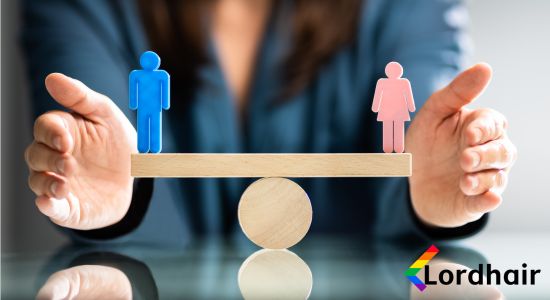
The Impact of Gender Bias on Celebrity Culture
The differing reactions toward Janet Jackson and Nicolas Cage expose the deeply ingrained gender bias present in celebrity culture and society as a whole. Men are often subjected to ridicule and embarrassment when they show signs of hair loss, while women have more flexibility in managing their hair-related concerns without facing the same harsh judgment.
It is essential for us to acknowledge and challenge this double standard. Hair loss affects men, women and all genders alike, and no individual should be made to feel ashamed or inferior because of it. By shifting our perspectives and encouraging a more empathetic and supportive attitude toward hair loss, we can help create an inclusive environment that embraces everyone's unique appearance.
The contrasting responses to Janet Jackson's celebrated ponytail and Nicolas Cage's viral photo of hair loss expose a gender bias deeply rooted in our society and reflected in celebrity culture. The double standard towards hair loss places unfair expectations and pressures on individuals, particularly men. We must strive for a more inclusive mindset and challenge societal beauty standards that perpetuate these biases.
Hair loss doesn't discriminate and we shouldn’t too. If you are struggling with hair loss, Lordhair is here to help. Men can check out our collection of toupee (also known as men’s human hair wigs, hair systems, hair units, and men’s hairpieces) to recover from all kinds of hair loss and thinning. Women can check out our premium range of real hair toppers and hair integration systems.
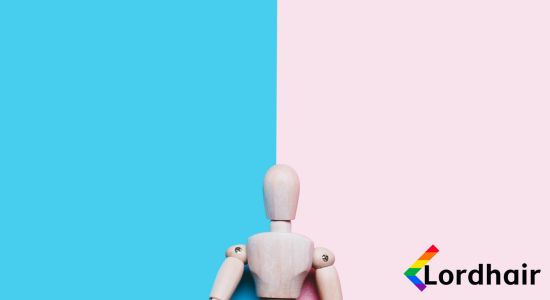
Do Away with Hair Loss Double Standards
Hair loss is a natural and common occurrence that knows no gender boundaries. It is time we embrace and support individuals facing these challenges, regardless of their gender. By doing so, we can dismantle the double standard and foster a world where hair loss is seen for what it truly is: a shared experience that should be met with compassion and understanding.
In my previous post, I discussed the distressing emotions I experienced as a man. Despite not being a celebrity, I believe Nicholas Cage should not have had his vulnerabilities revealed.
In her iconic hit song Rhythm Nation, Janet Jackson once called for a world rid of colour lines. Much like her message, we must also strive to eliminate the persistent presence of gender bias. Gender bias, deeply ingrained in society, perpetuates inequality and hinders progress. By understanding its impact and actively working to challenge it, we can move towards a more inclusive and equal world.
Ray is a guest contributor to our blogs with an extensive background in PR. Ray loves to discuss his own toupee journey by offering insights into wearing and styling a hair system as well as providing observations on the role of hair in sexual and gender identity from an LGBTQ+ perspective. Be sure to check out more of Ray’s Diversity content.


